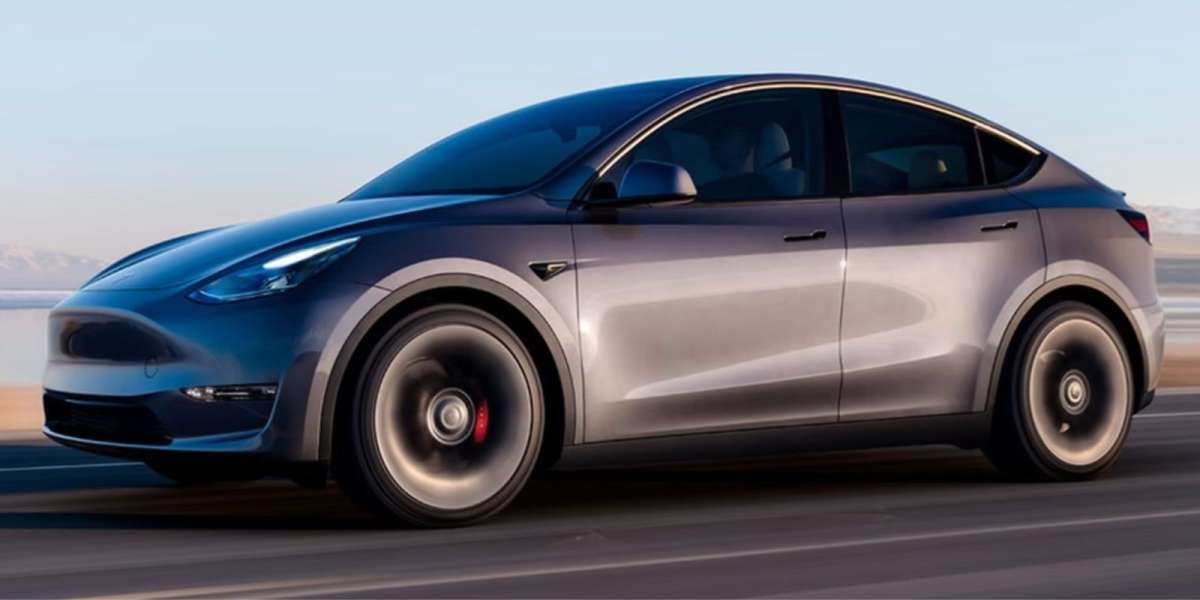Despite funding slowdown, India continues to be the third largest tech startup ecosystem globally, with over 1,300 active tech startups added last year, taking the total tally of active tech startups to 25,000-27,000…reports Nishant Arora
As the ongoing funding winter and hiring slowdown continue to haunt the tech world, India saw a never-seen-before spurt in the number of startups being created across the spectrum in the last nine years that no other country witnessed.
Within a couple of years, India became the third largest startup ecosystem in the world, only behind the US and China.
The Indian startup ecosystem has been an unstoppable freight train. The tracks are firmly laid through corporate participation in the form of investments, acquisitions, and open innovation programmes, and government support, the momentum being fuelled by founders and funders alike, according to a latest report by Nasscom in collaboration with Zinnov, a management consulting firm.
Minister of State for Science and Technology, Jitendra Singh, said last month that the number of startups in the country has grown 300 times in the past nine years.
Addressing the National Innovation Awards event at the Rashtrapati Bhavan in Delhi, Singh said that India was home to just 350 startups before 2014, which has grown to more than 90,000 now.
Despite funding slowdown, India continues to be the third largest tech startup ecosystem globally, with over 1,300 active tech startups added last year, taking the total tally of active tech startups to 25,000-27,000.
India also added 23 unicorns in 2022 — the second highest figures in the world.
“Despite the current downturns, opportunities abound for innovative companies that are leveraging emerging technologies to create actionable impact while prioritising business fundamentals over growth,” according to Debjani Ghosh, President, Nasscom.
In August last year, India had crossed the 100-mark for unicorns.
In his monthly radio address eMann Ki Baat’ celebrating the feat, Prime Minister Narendra Modi had said that “the number of unicorns in the country has reached the figure of 100 and you surely know that a unicorn is a startup worth at least seven-and-a-half-thousand crore rupees. The total valuation of these unicorns is more than $330 billion, i.e., more than 25 lakh crore rupees.”
“Certainly, this is a matter of pride for every Indian. You will also be surprised to know that out of our total unicorns, 44 came up last year. Not only that, 14 more unicorns were formed in three-four months this year,” he had mentioned.
The Prime Minister had emphasised that today India’s startup ecosystem is not limited to just big cities, as entrepreneurs are emerging from smaller cities and towns as well, which shows that in India, the one who has an innovative idea can create wealth.
What’s more, 18 per cent startups have at least one woman founder or co-founder and at least 36 unicorns and potential unicorns in the country have at least one woman founder or a co-founder.
In order to boost more women representation in the startup ecosystem, the government has also announced a monthly allowance for startups with women as founder/co-founder of Rs 20,000 per month for a period of one year.
Union Minister of State for Electronics and IT, Rajeev Chandrasekhar, said last week that there is an urgent need to enhance cooperation between corporates, government, academia, and startups so that the talent pool in the country can further innovate and build solutions to solve real-life problems.
During his address at the CII Startups Summit, the minister emphasised on empowering startups via corporate and government collaboration.
“These are great times to increase the ties between corporates, government, academia and startups to help grow the innovation capabilities of our country and the innovation ecosystem capabilities in our country,” Chandrasekhar told the gathering.
He said that in the past nine years, the country has come a long way in empowering startups.
“These are exciting times for young entrepreneurs in India, as they have so many opportunities around them,” the minister added.
Chandrasekhar also said that the upcoming Digital India Act (DIA) will be an enabler for startup innovations in the country.
“Prime Minister Narendra Modi is very clear that anything the government does should not cause difficulties for innovation in the startup space,” he emphasised.
According to the Nasscom-Zinnov report, while the concern around dipping funding is understandable, a deeper analysis of market behaviour and investment trends shows that the startup ecosystem is not only equipped to survive the slowdown, but also continue with a renewed focus on investors and customers in 2023.
Given the strong fundamentals of the consumer demographic, third generation of entrepreneurs and a strong tech talent pool, the Indian startup ecosystem is poised to weather this storm.














